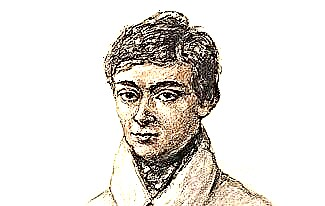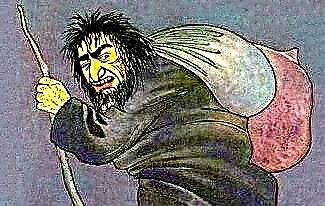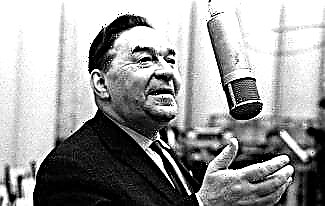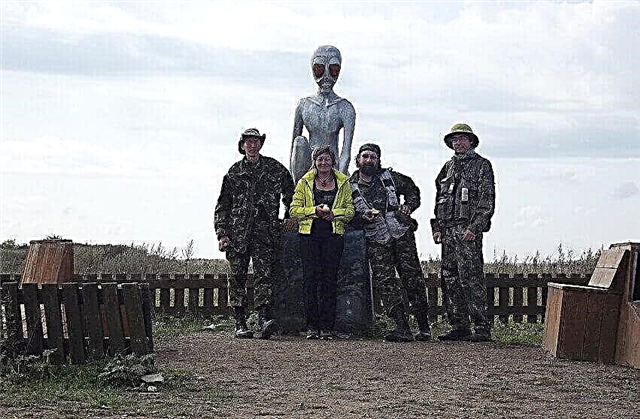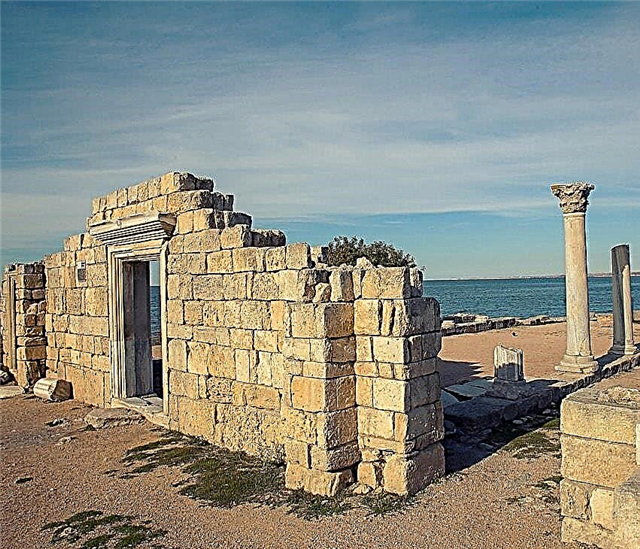The work of Ludwig Beethoven is attributed to both romanticism and classicism, but in view of his genius, the creator actually goes far beyond the scope of these definitions. Beethoven's creations are an expression of his truly talented personality.

1. The exact date of birth of Beethoven is unknown. It is believed that he was born on December 17, 1770.
2. The father of the great composer was a tenor, and from a young age he taught Ludwig to love music.
3. Ludwig van Beethoven grew up in a poor family, in connection with which he had to drop out of school.
4. Beethoven knew Italian and French well, but he learned Latin best of all.
5. Beethoven did not know how to multiply and divide.
On June 6, 1787, the mother of the great composer passed away.
7. After Beethoven's father began to abuse alcohol, the composer took the reins of the family into his own hands.
8. Beethoven's contemporaries noted that his demeanor left much to be desired.
9. Beethoven did not like to comb his hair and walked in sloppy clothes.
10. Some stories about the composer's rudeness have survived to this day.
11. Beethoven was surrounded by many women, but his personal life did not work out.
12. Beethoven dedicated the Moonlight Sonata to Juliet Guicciardi, whom he wanted to marry, but the marriage never took place.
13. Teresa Brunswick is a student of Beethoven. She was also the object of the composer's desire, but they failed to reunite in a love bond.
14. The last woman whom Beethoven considered as a spouse was Bettina Brentano, and she was a friend of the writer Goethe.
15. In 1789, Beethoven wrote The Song of a Free Man and dedicated it to the French Revolution.
16. Initially, the composer dedicated the third symphony to Napoleon Bonaparte, but soon, when Napoleon proclaimed himself emperor, disillusioned with him, Beethoven crossed out his name.
17. Since childhood, Beethoven was plagued by various diseases.
18. In his early years, the composer was worried about smallpox, typhoid, skin disease, and in his mature years he suffered from rheumatism, anorexia and cirrhosis of the liver.
19. At the age of 27, Beethoven completely lost his hearing.
20.Many believe that Beethoven lost his hearing due to the habit of dipping his head in cold water. He did this in order not to fall asleep and spend more time playing music.
21. After hearing loss, the composer wrote works from memory and played music relying on his imagination.
22. With the help of conversation notebooks, Beethoven communicated with people.
23. The composer criticized government and laws throughout his life.
24. Beethoven wrote his most famous works after hearing loss.
25. Johann Albrechtsberger is an Austrian composer who was Beethoven's mentor for a while.
26 Beethoven has always brewed coffee exclusively from 64 beans.
27. Ludwig Beethoven's father dreamed of making him a second Mozart.
28 In the 1800s, the world saw Beethoven's first symphonies.
29.Beethoven gave music lessons to representatives of the aristocracy.
30. One of the most famous compositions of Beethoven - "Symphony No. 9". It was written by him after hearing loss.
31 Beethoven's family had 7 children, and he was the oldest.
32 The audience first saw Beethoven on stage when he was 7 years old.
33. Ludwig Van Beethoven was the first musician to be given an allowance of 4,000 florins.
34. In his entire life, the great composer managed to write only one opera. It was called "Fidelio".
35. Contemporaries of Beethoven claimed that he treasured friendship very much.
36. Often the composer worked on several works at the same time.
37. The specificity of the disease that led Beethoven to deafness was accompanied by constant ringing in his ears.
38. In 1845, the first monument in honor of this composer was unveiled in Beethoven's hometown of Bonn.
39. It is said that the Beetles' song "Because" is based on the melody of Beethoven's "Moonlight Sonata", which is played in reverse order.
40. One of the craters on Mercury was named after Beethoven.
41 Beethoven was the first musician who tried to reproduce the sounds of a nightingale, quail and cuckoo.
42.Beethoven's music has been successfully used in cinema, as soundtracks for films.
43. Anton Schindler believed that Beethoven's music has its own tempo.
44 At the age of 56, in 1827, Beethoven passed away.
45. About 20 thousand people took part in the composer's funeral procession.
46 Beethoven's real cause of death is unknown.
47. Romain Rolland describes in detail the medical procedures performed on the sick Beethoven shortly before his death. He was treated for dropsy caused by cirrhosis of the liver.
48.Beethoven's portrait is depicted on old postage stamps.
49. The story of the writer from the Czech Republic Antonin Zgorzhi with the title "One Against Fate" is dedicated to the life of Beethoven.
50. Ludwig van Beethoven was buried in Vienna's central cemetery.



